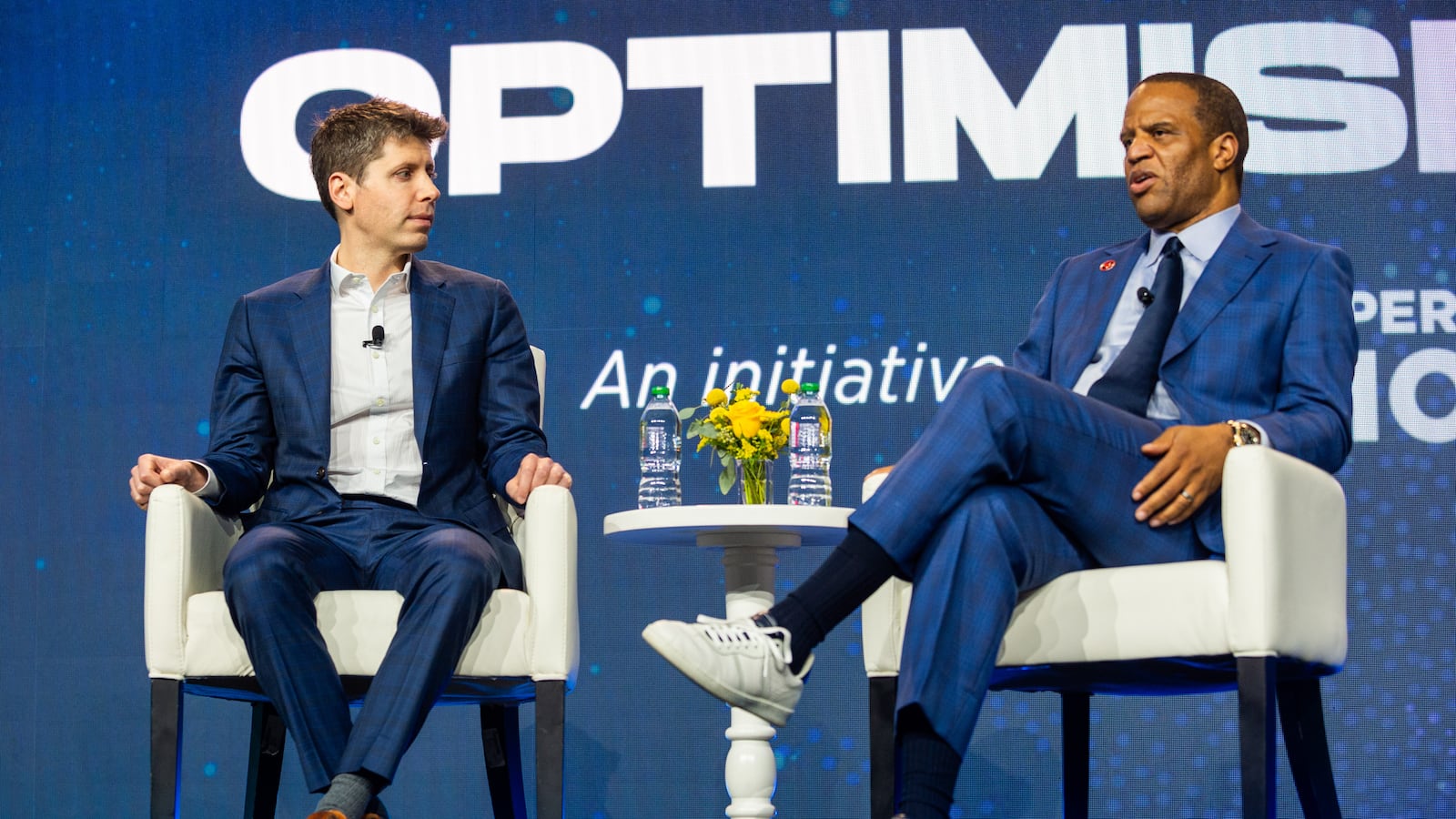Black Ownership and AI – Shaping the Future of Innovation and Equity

The rise of artificial intelligence (AI) is changing the world at a breakneck pace, offering both groundbreaking opportunities and significant risks. For Black communities, AI presents a unique crossroads: It can either fuel economic empowerment and equity or deepen systemic inequalities. The key to ensuring AI works for us, rather than against us, is Black ownership.
Technology has historically left Black communities behind, but AI presents an opportunity to rewrite that narrative. From AI-driven businesses to education and wealth creation, Black entrepreneurs, technologists, and leaders must take ownership of this space before it’s too late.
The Historical Perspective of Black Innovation and Technology
Black innovators have always played a crucial role in technological advancements. From Granville T. Woods, who revolutionized railway communication, to Katherine Johnson, whose calculations made NASA space missions possible, Black excellence in STEM is undeniable.
However, systemic barriers have often kept Black entrepreneurs from accessing the resources needed to lead in tech industries. The AI revolution is an opportunity to shift from merely being consumers of technology to becoming the architects of the future. Instead of only celebrating Black History, it’s time to create Black Futures—where AI and innovation drive economic and social advancement.
AI as a Double-Edged Sword for Black Communities
AI as a Tool for Progress and Equity

John Hope Bryant with Sam Altman
AI has the potential to close historical gaps in education, wealth, and healthcare. For example, companies like Microsoft and Google have launched free AI-powered reading tools to help students and adults improve literacy skills. This is critical because, in 2022, 84% of Black fourth graders in the U.S. were reading below their grade level.
By leveraging AI in education, workforce development, and business automation, Black communities can use this technology to uplift generations.
AI as a Threat – Bias, Automation, and Job Loss
However, AI is not inherently neutral. Historically, AI models have struggled to recognize Black people accurately, from facial recognition failures to biased hiring algorithms that filter out Black applicants. More dangerously, AI-driven decision-making in areas like healthcare and criminal justice has disproportionately harmed Black communities.
Furthermore, AI-driven automation threatens millions of Black workers, particularly in customer service, retail, and transportation. Without strategic intervention, AI could erase hard-won economic progress.
The Economic Impact – Wealth Creation vs. Wealth Loss
Black Job Vulnerability in the Age of AI
Many Black workers are concentrated in jobs that AI is poised to replace. Customer service, warehouse logistics, fast food, and retail are among the most automatable roles. A report predicts that 16-30% of jobs could disappear within the next five to eight years due to AI-driven automation.
AI as a Pathway to Black Wealth
While AI threatens traditional employment, it also offers a pathway to wealth creation. The rise of AI-powered businesses means that individuals can build and scale companies faster than ever before. Entrepreneurs are already creating AI-generated music, fully automated online businesses, and AI-driven customer service solutions.
Black entrepreneurs must seize this moment to build AI-driven businesses that can compete in this rapidly evolving market.
Black AI Entrepreneurs and Innovators – Leading the Change

X. Eyée
Pioneers Who Made AI More Inclusive
AI models were initially blind to Black people…literally. Early facial recognition systems failed to recognize darker skin tones, leading to serious ethical concerns. Black engineers like those at Google and Microsoft have played a crucial role in fixing these biases.
Success Stories – Black-Owned AI Businesses
From AI-driven fintech startups to AI-powered logistics companies, Black entrepreneurs are already making waves. These businesses are proving that AI is not just for Silicon Valley…it belongs to us too.
Overcoming Barriers – Funding, Education, and AI Literacy
Despite these advancements, Black-owned AI startups receive a fraction of the funding that white-led tech companies get. To change this, Black entrepreneurs must not only build AI-driven businesses but also advocate for equitable access to capital and AI education in schools and communities.
Action Steps – How Black Entrepreneurs Can Win with AI
Leveraging AI for Business Growth
AI tools like ChatGPT, Ud.io, and Gamma allow Black entrepreneurs to automate content creation, marketing, and customer service. These tools help scale businesses faster, creating new opportunities for Black-owned startups.
Advocating for Ethical AI and Representation
As AI continues to shape the world, Black leaders must be at the forefront of ethical AI development, ensuring that AI does not reinforce racial biases but instead serves as a tool for equity and progress.
Conclusion – Seizing the AI Opportunity
Black ownership in AI is no longer an option…it’s a necessity. If we fail to take control of this technology, we risk being left behind in an AI-driven world. However, if we step up, learn, and innovate, we can use AI to create generational wealth, transform industries, and build a future where Black people thrive.
The time to act is now.
FAQs
-
How can Black entrepreneurs start using AI in their businesses?
- By leveraging AI tools for automation, content creation, and marketing.
-
What are some of the best AI tools for Black-owned startups?
- Ud.io for music creation, Gamma for business strategy, ChatGPT for content generation.
-
How can AI help in closing the racial wealth gap?
- By democratizing access to business automation, education, and investment insights.
-
What can be done to address AI bias against Black people?
- Pushing for diverse AI training data and Black-led AI companies.
-
How can the Black community gain more control over AI development?
- By investing in AI education, securing venture funding, and creating Black-owned AI startups.
Comments
This post currently has no comments.